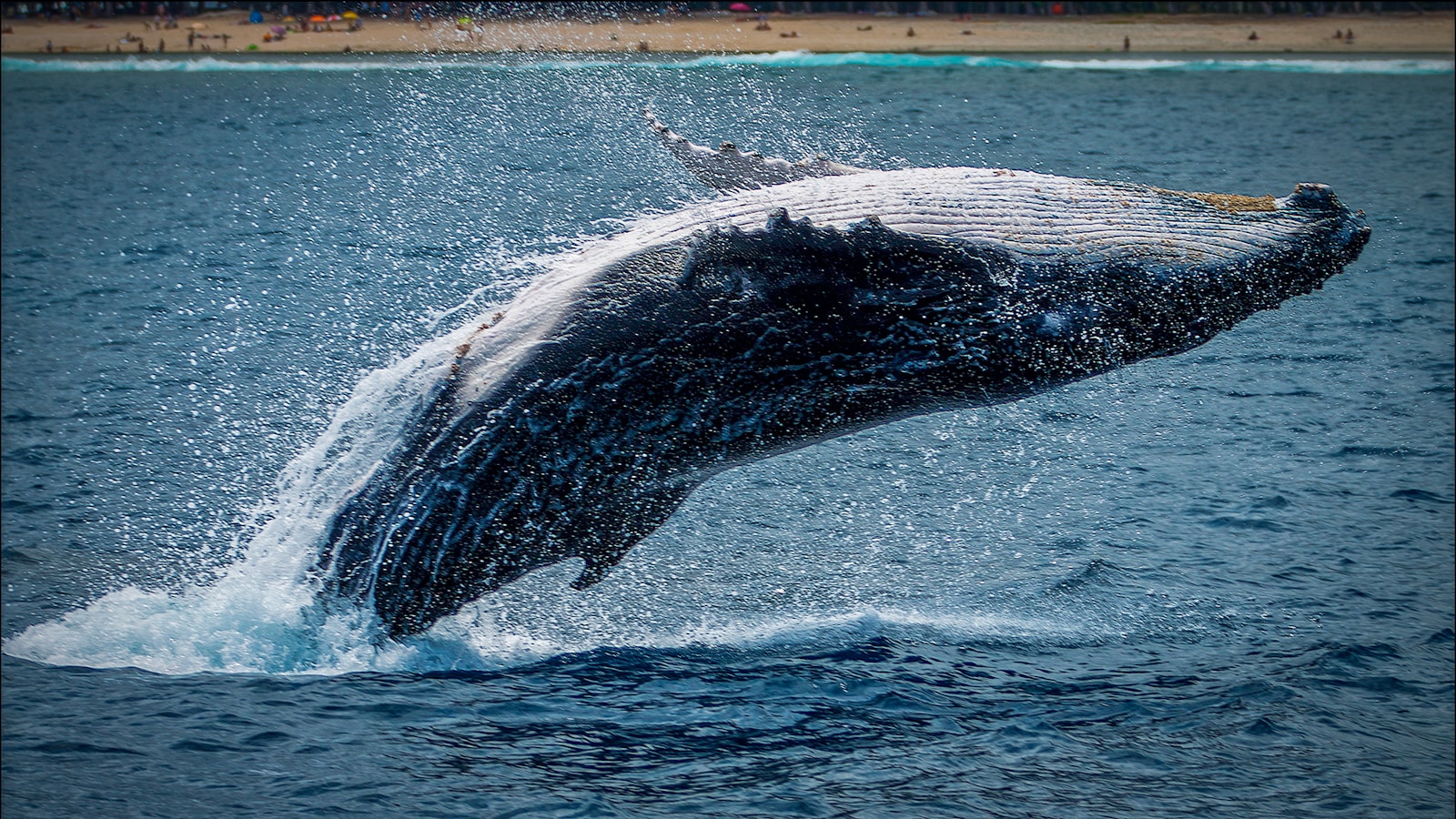A recent study has revealed that whales can live up to twice as long as previously thought, with some species living up to 200 years or more. This discovery has significant implications for our understanding of these majestic creatures and their place in the ocean ecosystem.
Key Points at a Glance
- Whales can live up to twice as long as previously thought
- Some species can live up to 200 years or more
- Study used advanced aging techniques to determine whale age
- Findings have significant implications for whale conservation
- Discovery challenges current understanding of whale biology
For centuries, humans have been fascinated by the majesty and mystery of whales. These massive creatures have long been a subject of study and admiration, but despite our best efforts, we have only scratched the surface of their secrets. Now, a team of scientists has made a groundbreaking discovery that challenges our current understanding of whale biology: whales can live up to twice as long as we thought.
The study, published in the journal Science, used advanced aging techniques to determine the age of whales. By analyzing the growth layers in whale earwax plugs, similar to tree rings, the researchers were able to estimate the age of individual whales. The results were astonishing: some species of whales can live up to 200 years or more, twice as long as previously thought.
This discovery has significant implications for whale conservation. If whales are living longer than we thought, it means that they are more vulnerable to human activities such as overfishing, pollution, and climate change. It also highlights the importance of protecting their habitats and reducing human impact on the ocean ecosystem.
But what does this mean for our understanding of whale biology? How do whales manage to live so long, and what can we learn from their remarkable longevity? The answers to these questions could hold the key to unlocking the secrets of aging and longevity in other species, including humans.
As we continue to explore the mysteries of the ocean and its inhabitants, we are reminded of the awe-inspiring complexity and beauty of the natural world. What do you think about this groundbreaking discovery? How can we use this knowledge to better protect and conserve whale populations?
